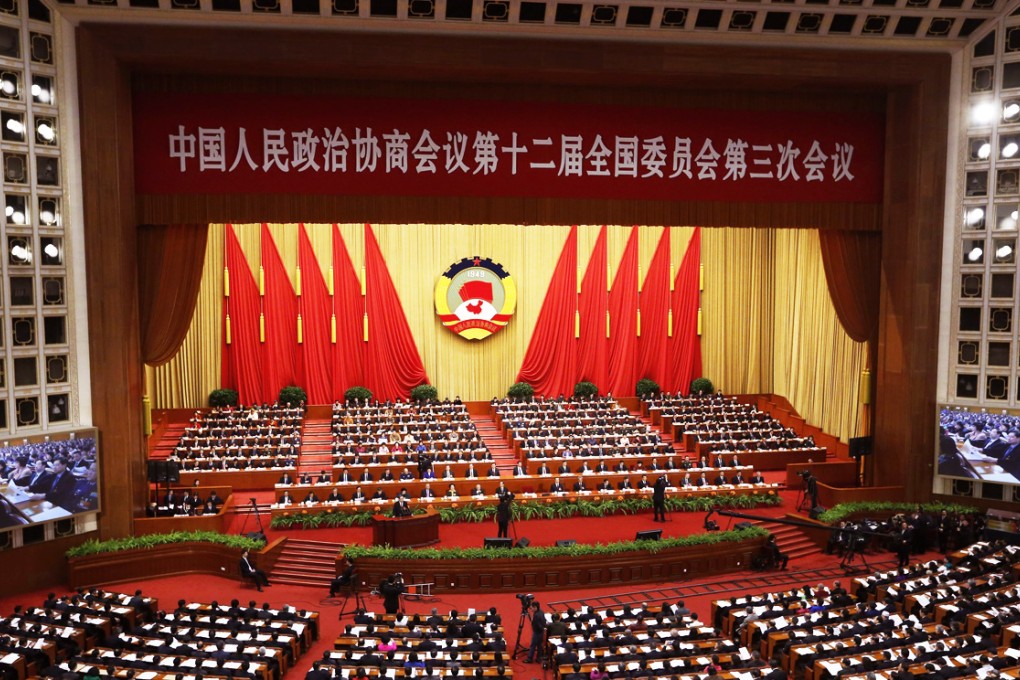Austerity on full display at China's annual plenum, but how much money is really saved?
No word yet on this year's budget as analyst suggests entire plenum is a waste of money

Chinese officials and delegates are braced for an intensified austerity campaign at the nation's annual plenary meetings.
The media centre was the first to exhibit the efforts to ramp up the central government's fight against excess. Banners, flowers and the red carpet were all absent in the building - the setting for various ministries' press briefings for the next two weeks.
"We will not use any new tablecloth this year," media centre manager Zhao Yudong told CCTV. "We will not make any new purchases until the old ones are out of service."
The secretariat of the Chinese People's Political Consultative Conference plenary session has set up a frugality inspection team, state media reported. Delegates are encouraged to "inspect each other" by filing complaints to a "suggestion box".
Hotels where delegates will hold discussions have replaced bottled water with thermos flasks and water dispensers, China National Radio reported. Last year, the bottled water had replaced labour-intensive tea ladies.
The moves come after the government's "17 measures" to cut spending, introduced ahead of last year's plenum. The annual meetings gather the nation's top legislative and consultative bodies, the National People's Congress and the CPPCC. The "17 measures" included discouraging gift exchanges and barring costly cuisine and alcohol.